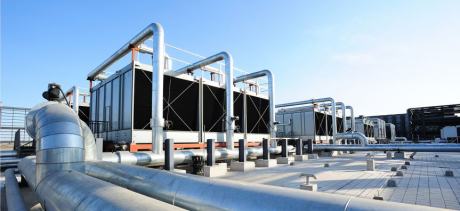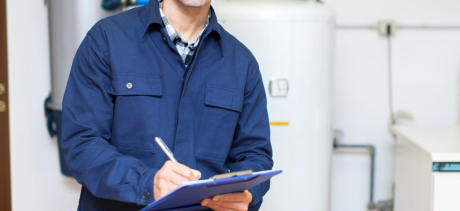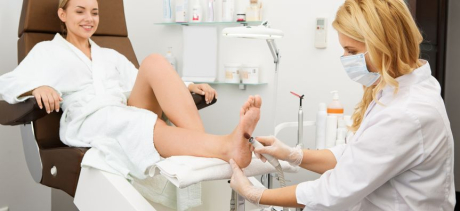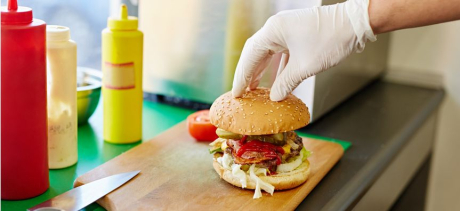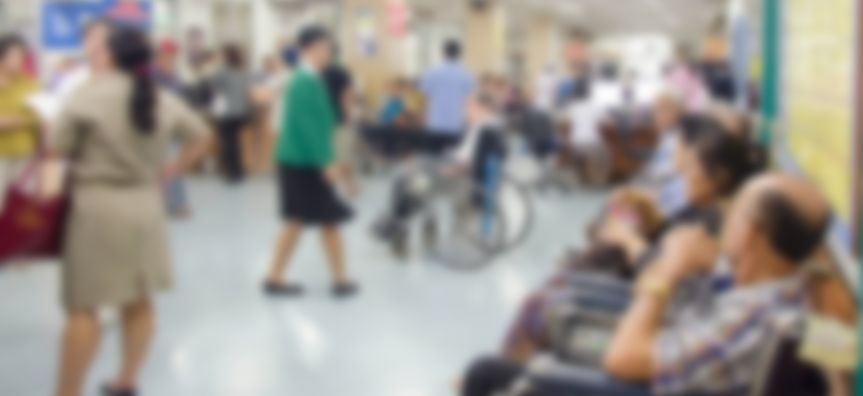
Food and Safety
We regularly inspect commercial food premises to make sure the food for sale is safe.
If you’ve suffered a food-related illness or have seen unclean practices, please report the food safety issue or call the Council's Environmental Health Officers on 1300 434 434.
Food Businesses
If looking to start up a food business you can learn more at Service NSW.
Council is responsible for maintaining a register of all food businesses and routinely inspects fixed, temporary and mobile food businesses.
Learn more about food businesses, food safety, handling and hygiene.
Skin Penetration
Procedures that penetrate skin, like tattooing, acupuncture, ear piercing and hair removal can present risks of transmitting disease if not carried out correctly. Council's Environmental Health Officers routinely inspect these businesses ensuring the health of the public is protected during treatments or services. Find out more
Hair and Beauty Salons
Hair and beauty practitioners must use clean equipment and hygienic procedures. Council's Environmental Health Officers routinely inspect all hair and beauty salons to make sure they comply with NSW State Government regulations that apply to their trade. Find out more at NSW Health.
Shared Accommodation
Boarding houses and backpacker hostels are inspected annually by Council’s Environmental Health Officers. Inspections focus on ensuring accommodation is operated and maintained in a clean, healthy and safe condition. All shared accommodation must comply with the Local Government (General) Regulation 2005, Public Health Act 2010 and the Building Code of Australia.
Cooling Tower Inspections
Legionnaires disease is an infection of the lung caused by Legionella bacteria. These bacteria can grow in cooling towers and warm water systems if they’re not properly treated and maintained. Learn more about cooling tower safety.
Wood Fire Heaters
The NSW Environmental Protection Association (EPA) says, “Smoke from wood heaters is a major cause of air pollution. In fact, during winter, wood heaters can produce up to seven times as much particle pollution as cars.” It’s for these reasons, we don’t recommend wood fire heaters. See EPA for more information.
Wood Smoke Information Guide
We understand the importance of managing and regulating air pollution and smoke nuisance from wood fire heaters as it can affect both the environment and public health. If you can see or smell smoke from your wood fire heater, then you may be adversely impacting on your wellbeing as well as the surrounding elements and the community. As such, we do not recommend the installation and use of wood fire heaters, however encourage other methods of home heating.
See EPA for more information. If you are planning to install, or have an existing wood fire heater you must ensure that it has been legally installed and operates efficiently to avoid unnecessary air pollution and smoke nuisance
Read our Wood Smoke Information Guide
Vermin
We often receive complaints and enquiries regarding vermin, especially in relation to rats, mice and cockroaches.
If you’re having vermin problems on your property, we recommend you contact a licensed pest controller for qualified advice. Eliminating potential food sources and shelter will discourage vermin in your home or business.
Seal up crevices in walls and floors, clear undergrowth and cut overgrown vegetation. Regularly turn compost heaps to prevent attracting rodents.
If the source is a neighbouring property, we can approach the owner and provide advice. In serious cases Council can issue an Order to have premises treated for pests.
On-site Sewage Management
If your home’s not connected to the Sydney Water’s sewage system you’ll have some type of on-site sewage management system to store, treat and dispose of household wastewater.
All alternative sewage systems must be approved and inspected by Council to avoid public health risks. Find out more
More information
Concerned about a public health issue? Call us on 1300 434 434.

